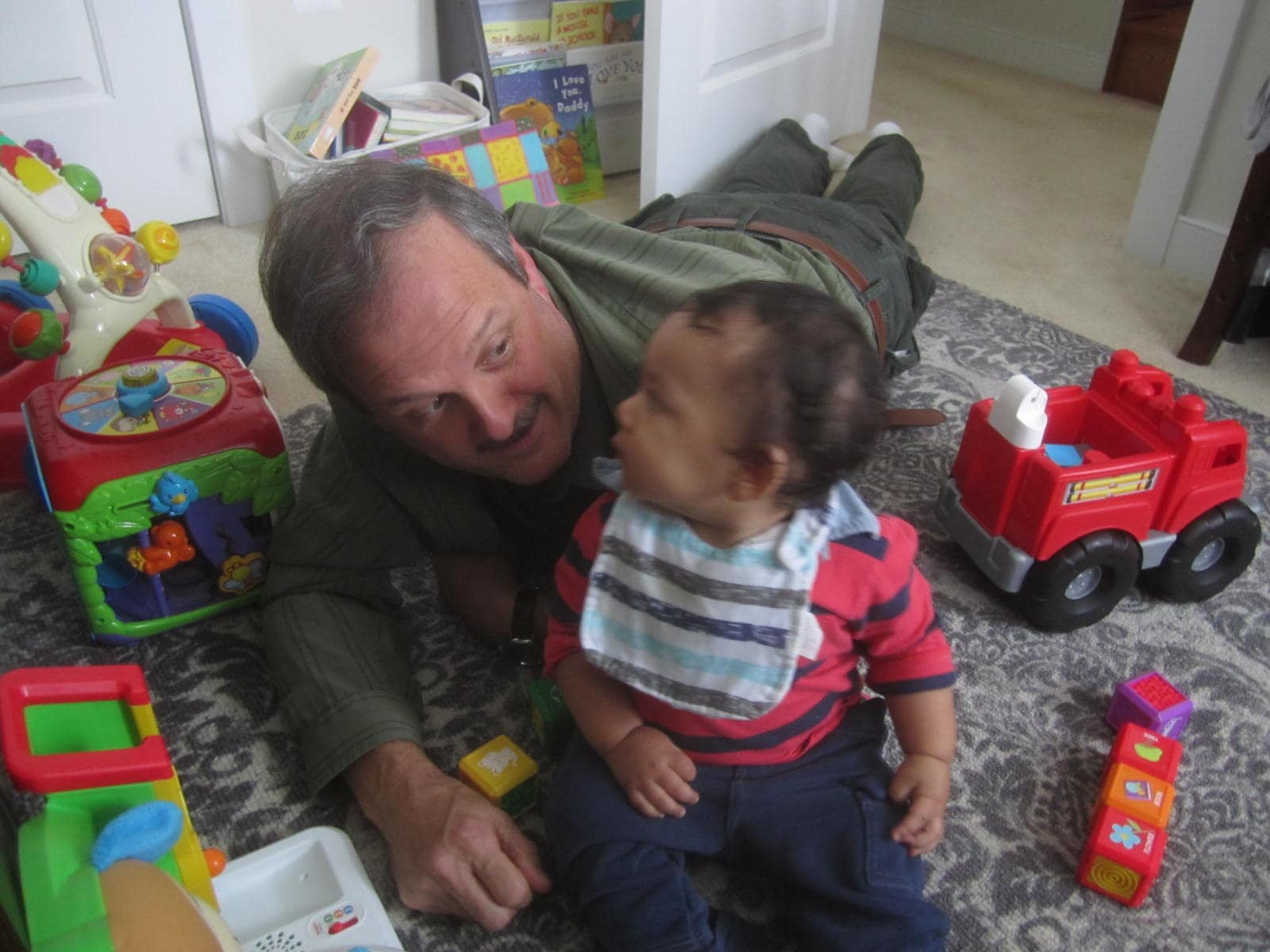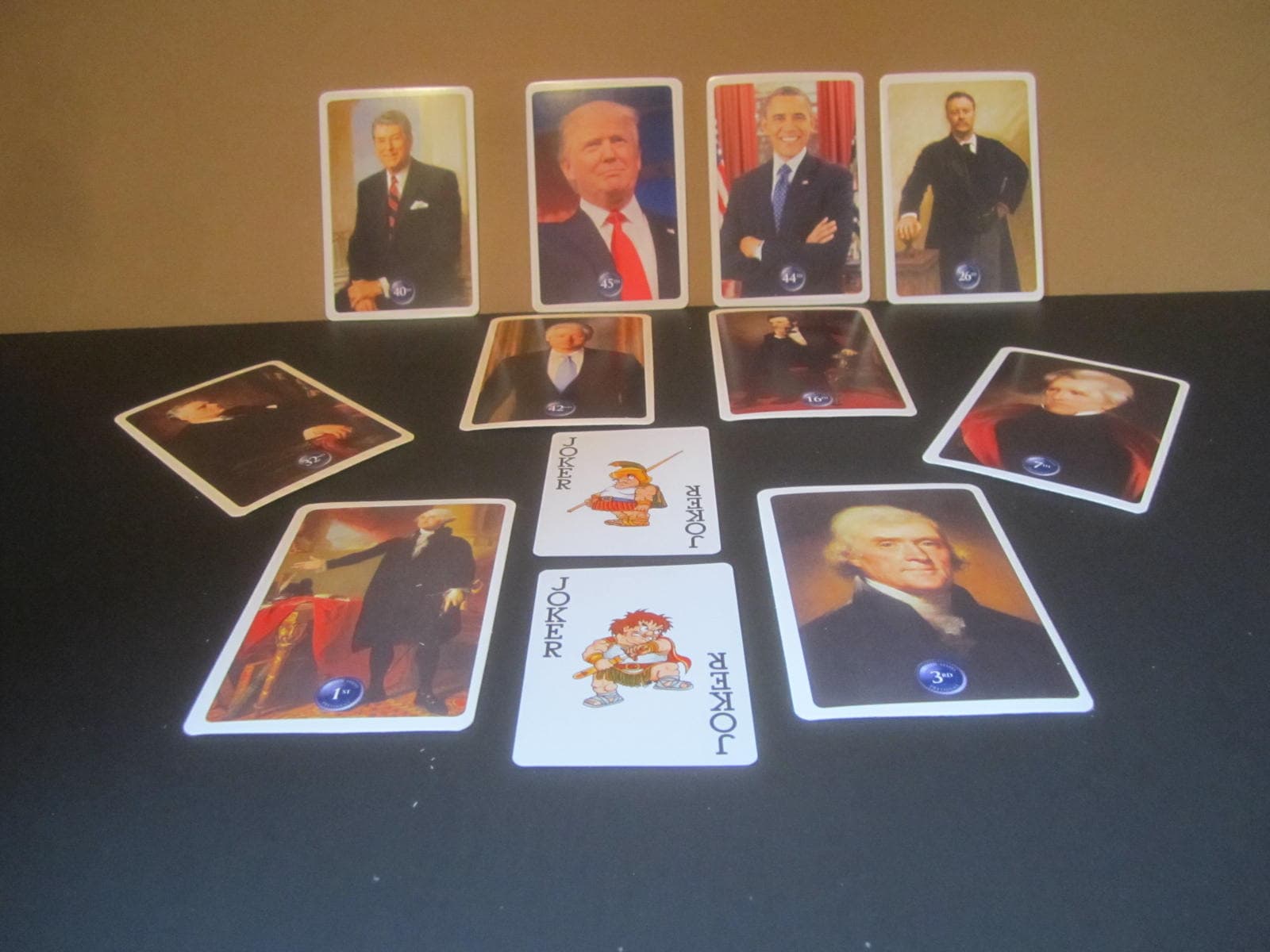AH CHOO!
I could feel it coming on. I’m not sure why I was one of its victims. Surely there has to be a better place for it to reside. But, no, this little bug spotted me and said, “Wow! I bet I can really make myself known if I attach myself to him.”
My wife’s first reaction to my bug is not one of pity for my condition. No, the teacher in her comes out. Instead of sympathy, I get, “See, you should have gotten your flu shot.” No amount of defending my symptoms as just a cold or a sinus problem is going to convince her that my stubbornness about not getting a flu shot has crashed into justice.
I have stopped getting the flu shot because the last two times I got one, I came down with the flu. I know they say it’s not the same flu or it is not as severe as it would have been if I didn’t get “the shot,” but I have a hard time believing them. Since the flu shots have become “the thing,” I’ve only gotten the flu in the years I have had the flu shot.
I’m not discouraging others against getting the flu shot, especially kids, because the flu is definitely not fun to have. But, since I have had the flu before, I know what I have is not the flu. It’s either a cold or a sinus problem. Since it has only been three days since it started, and I’m already feeling much better, I’m leaning more to it being a sinus problem.
One of the problems with things like a cold or the flu is you really don’t want to give it to someone else. You really don’t want to hand it off to kids, especially grandkids. So, when my wife and I headed up to see our ten month old grandson, we decided it would be best if I kept some distance between him and myself.
When we arrived at my grandson’s house, his face lit up. He was so happy to see his Mimi and Pop. Since he doesn’t really talk yet, and he really doesn’t understand a long, drawn out conversation, it was hard to let him know that it was best for us to be a little cautious about Pop getting too close to him.
The poor little boy wanted Pop to play with him so much. It broke Pop’s heart each time Roman, my grandson, came over to me and I just couldn’t pick him up. There was nothing I could say to him to make him understand.
Jack, this future President’s dad, was Irish and from a line that had felt the potato famine firsthand. Jack’s parents died when he was six years old. He would go to live with an elderly aunt. His was a very rough life.
This rough life of Jack’s led to bouts of drinking. The future President would state that Christmas was a time that he didn’t know whether to look forward to or dread. If his father had one of his drinking binges it could be very rough.
Once Jack went to a speakeasy and got very drunk. Nelle, the future President’s mother, had to work that night because these were very rough times and every little bit of income helped. She would do sewing work on the side.
Jack staggered home from his bout with the whiskey bottle. It was snowing. As Jack turned toward the house, he passed out in the front lawn from his over-drinking. He never made it to the door. The future President, then eleven years old, came home a bit later. He saw his dad laying there in the snow passed out with the snow starting to cover him.
The future President was tempted to just leave his father there in the snow. “If I just stepped over him, maybe he would learn his lesson this time,” must have been his thought. Instead, he went to the front door, swung it wide open, and dragged his father inside.
Jack’s potential bad influence on his son’s life was no match for Nelle’s sweet temperament though. Nelle was a strong Christian woman who believed it was her duty to share Christ with others. The future President would say of his mother, “My brother and I, we were truly influenced by our mother, who was truly religious but also a great kindness she had. We were a rather poor family, and yet my mother was always finding people worse off than we were that she could bring help to.”
Still, Jack, despite the future President’s misgivings about him, did play a role in shaping him a little. Being Irish, at a time when the Irish were looked down upon, taught Jack to fight against the injustice that he and his family often experienced. Jack had tired of the help wanted signs that read “No Dogs and No Irish Need Apply.” Peggy Noonan would state, in her book When Character was King, “Jack believed – really believed, didn’t just say it – that all men are created equal.”
Nelle also believed that all men were equal, but for a different reason. Her reasons were not based on experiences that she or her family experienced. Nelle believed every child was a child of God, so no one, no matter of their birth family’s heritage, was any better than any other child of God.
There is a disease called Hansen’s disease. The disease attacks the nervous system. Its effects leave the victims with inability to feel pain in the affected area. While that might not sound like too bad of a condition, not being able to feel pain, it also could result in loss of parts of extremities due to repeated injuries or infection due to unnoticed wounds. Poor eyesight and weakness may also be present.
Most doctors don’t believe Hansen’s disease is contagious, but you are five to eight times more likely to get it if you come in contact with someone who has it. It is believed, but no one is absolutely certain, nasal droplets are one of the main methods of transmission of this disease. Oddly enough, armadillos are also thought to be one of the main transmitters of this disease.
The disease is named after Gerhard Armauer Hansen. Hansen was a doctor who studied the disease and did not want to believe the myths that surrounded its cause. Before Hansen’s study, most believed one of the causes was a noxious “bad air.” They would call this evil air the night air. Others believed it was hereditary. Hansen was not convinced.
Because of Hansen’s hard work, the disease that bears his name, has been in steady decline and there is a cure through a multidrug therapy. Once the nerve system has been damaged, those effects cannot be reversed, though.
It was a time in our history when we were segregated. There were separate restrooms, separate water fountains, and even most of the schools were separate. If you went to a restaurant or a movie theater, there were separate sections to divide the African-Americans from the rest of the patrons.
Despite this segregation, the future President’s brother, Neil, who he called Moon, had a best friend who was African-American. When Moon would let the future President tag along to the movie with him, they would often sit in the segregated section with Moon’s friend.
In addition to movies, the future President loved football. He would even play football when he went to Eureka College. Once Eureka played an away game about a half hour from the future President’s home. I’m sure he was excited and hoping his parents might come see him play.
As the team arrived at the hotel, the future President overheard his coach arguing with the hotel owner. Seems that the owner was not going to allow Burghie and another African-American teammate, the chance to stay at his hotel. The future President called the coach over. He told the coach that his parents lived just a half an hour away and he would take the two of them home with him.
In those days not too many people had phones in their homes. The future President’s family, being poor, definitely didn’t have one. So the future President took the two players home with him, but he had no doubts about the reception they would receive once they arrived.
When they arrived at the door, the future President’s parents bubbled over in delight and said, “Great to see you! Come on in.” It was just like they were part of the family.
Dictionary.com defines an enemy as “one that is antagonistic to another especially: one seeking to injure, overthrow, or confound an opponent.” It’s easy to see an enemy in a military conflict or a competitive game. They’re the ones with the different color uniforms or on the other side. But each day, across our path, we choose less subtle enemies.
Sometimes we group people, and define each individual in that group, by the standard we believe they all uphold. We stop thinking of them individually. Instead, it’s like we believe there is some embedded code inside them that will bind them to our negative perception of the group as a whole. That perception might not even be real, but, for whatever reason, we believe it is real.
The Bible talks of a group of people who once occupied the lands that belong to the tribe of Ephraim and half-tribe of Manasseh. The capital of this land was Samaria. Since it was a captured city, there were already people there. They were called the Samaritans.
When the Israelites arrived in the Promised Land, they basically split the land they won between the tribes. Since there were twelve tribes you would think they would have split it twelve ways, but they really split it thirteen ways. Joseph’s two sons, Ephraim’s and Manasseh’s descendants, were each consider separate tribes for this purpose.
Later, in history, the Assyrians came and took over most of the lands of Israel. This included Samaria. The Assyrians interbred with the Samaritans which really disgusted the Israelites. It was bad enough the Assyrians had taken their land, now they claimed the people they conquered. They didn’t look at it as the Samaritans were just trying to survive, but instead thought of them as traitors. These hard feelings would last for centuries.
Neither Ronald Reagan nor his coach told the excluded players what really happened. They just told them that the hotel was full and they had to find them different accommodations, but I’m sure they probably were well aware of the times they were living in. Burghie, who saw Reagan’s daily life and example, would later say in a complimentary way, “I don’t think he was conscious of race at all.”
To many it may be hard to believe that Ronald Reagan was color blind. No, I’m not talking about not being able to see greens, blues or reds. I’m talking about being able to look at someone as a person without letting the outside shell influence their opinion of them. But that seems to be the story of his life.
Although Reagan’s beliefs did not always align with those of most of the African-American community, it had to do more with policy than singling out an individual group. Reagan would win both of the elections in 1980 and 1984 by landslides.
Reagan would win the election of 1980 with 489 electoral votes to 49 electoral votes for Jimmy Carter. Carter would win only five states and DC. Reagan would do even better in the election of 1984. He would beat Walter Mondale 525 electoral votes to 13 electoral votes. Mondale would only win his home state of Minnesota and DC.
Despite those two landslides, Ronald Reagan would only carry 14% of the African-American vote in 1980 and only 9% of that vote in the election of 1984. I’m sure, despite the huge wins, that demographic haunted Ronald Reagan.
There is a story in the Bible of ten men who were suffering from Hansen’s disease. It might help if I tell you that disease is better known as Leprosy. This was way before Hansen was even born. The causes were thought to be as I described above. No one wanted to take chances with these lepers. No one wanted to find a cure. Instead these lepers were banished to the outside of towns.
Jesus must have been real well known, in the area, at that time, because when He crossed the border of Galilee and went into Samaria, these ten lepers immediately recognized Him. They were, in fact, overjoyed that He was near. They shouted, “Jesus! Master! Have mercy on us!”
Here, Jesus had a choice. Jesus was a Jew, or an Israelite by heritage. Simple fact of the times: Jews did not associate with Samaritans, period! They knew the history. They knew the way “these people” were. Pity? No way! Every evil thing these people got, they deserved.
Jesus reacted differently. He did have pity. He did listen to their plea. He looked past the obvious and saw what was real. He just didn’t feel sorry for them, but He helped them. He healed them.
He told the ten to go to the priest to prove they no longer had Hansen’s disease. If they passed the priest’s test they could return to society and have a normal life. Amazed, they jumped up and down with excitement and did exactly what Jesus told them. They ran off to the priest.
That is, all but one of them, ran off to the priest. One stayed behind to thank Jesus for what He had done. Sounds about right, if you think about it. For all the things Jesus and God do for us, we are probably lucky if we thank them for a tenth of them.
The Bible doesn’t stop there. It makes sure that we know that the person who came back was one of those “evil” Samaritans. What is a little strange, though, the Bible doesn’t say what the other nine were. Chances are, they were Samaritans, too. After all, Jesus was in Samaria.
Sometimes it is difficult to be the one in quarantine. Sometimes it is easy to look down on the one in quarantine. Logic sometimes dictates that we should put people in groups and judge them all the same. Love tells us otherwise.
It’s not easy being the grandfather who can’t get near the grandson, or the football player who can’t stay with his team, or to be the “evil” Samaritan leper. But God calls us to look pass the sickness, the discrimination, and our fears and to put ourselves in the other’s shoes. He wants us to be more like Ronald Reagan, more like Gerhard Armauer Hansen, and, yes, more like Jesus.
Prayer: Dear Mighty Father, Thank you that I’m feeling so much better and that I can play with my grandson again. Forgive me for the times I group people into groups instead of looking and caring about them individually. Please let my feet slip into others’ shoes before I make rash decisions about them. Amen.



